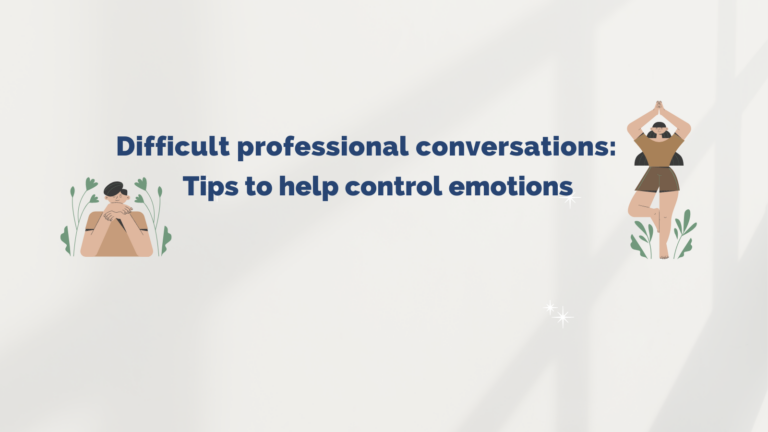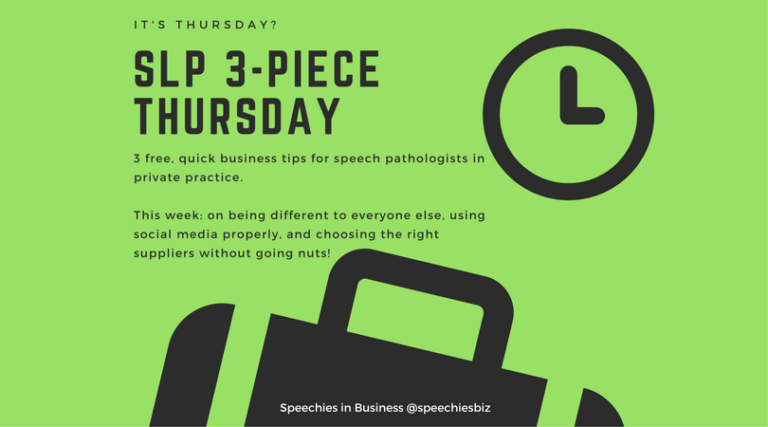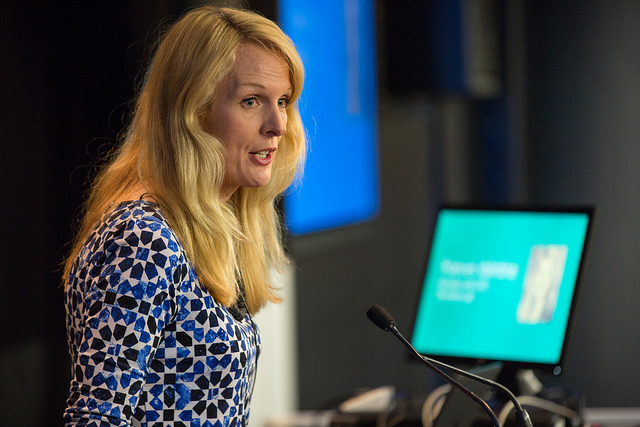For speech pathologists in private practice, professionalism has never been more important
For Speech-Language Pathologists (SLPs) in private practice, professionalism has never been more important. Here’s why:
- “Professionalism” is a combination of knowledge, skills, trustworthiness, and altruism found in those who commit themselves to a life of service to others.
- Because of our knowledge and expertise, SLPs have social prestige, asymmetrical power over clients and families, and regulatory privileges (e.g. under civil liability laws and Medicare and NDIS rules).
- SLPs in private practice must balance our clients’ interests with our desire to create positive social outcomes, our legal, health and financial risks, and our need to make a sustainable living.
- Governments bodies and speech pathology associations guide SLPs through this minefield, e.g., by requiring us to adhere to codes of conduct, professional standards, and a code of ethics.
- The demand for speech pathology services has never been higher. Many private practice owners are struggling to employ and retain enough staff and most of us are working hard to manage long waitlists.
- Despite the high current demand for speech pathology services, the position of the SLP profession is precarious. Challenges include:
- our lack of a protected title under National and state health practitioner regulations;
- the rapid recent growth of the profession and a shortage of experienced and trained supervisors to support early career speech pathologists properly;
- increasing professional compliance costs and requirements, including with respect to ongoing professional accreditation;
- continuing high burnout/turnover rates;
- pressures from clients and insurers to deliver more for less;
- an influx of competitors and substitutes, including from:
- speech pathology students, assistants and other paraprofessionals;
- outsourcing and remote SLPs providing telehealth services from lower-cost jurisdictions (though the size of this issue is hard to quantify);
- the increase in the number of clinics owned and operated by professional investors who are not SLPs or other allied health professionals; and
- disruptive technologies, including artificial intelligence applications and the digitisation and globalisation of services;
- the proliferation of information sources about our field of knowledge;
- the growing social distrust of experts, credentials, and science, generally;
- valid criticism of our profession’s history, biases, prejudices and lack of diversity;
- stagnant rebates and quasi-price controls over some of our regulated services while wage and business costs are increasing;
- our vulnerability, as practices, to negative public feedback, including from online reviews; and
- high levels of general uncertainty in private practice, including about the future.
- SLPs in private practice must not respond to these challenges with a ‘race to the bottom’ or lowered standards. Resource constraints and competition are very real; and we need more innovation, cooperation, and better systems to do more with less and not burn out. For example, we can improve our training and supervision systems for SLPs and assistants, embrace new technologies so we can help more people, and use social media responsibly to advocate for our clients and increase client access to services while maintaining trust.
- As professionals, we must invest in the essential elements that make what we do valuable for the clients and communities we serve. This includes:
- expanding our ‘circle’ of functional, core, workflow, and leadership, competencies (knowledge, skill, and experience);
- supporting our colleagues to take calculate risks and to trial innovations, including by becoming more tolerant of SLPs who are trying new things – even when they fail;
- upholding professional ethics and standards especially through hard times;
- articulating common values above and beyond our health ethics foundations, including altruism, good judgment, empathy, discernment, probity, practicality, and clarity; and
- increasing our service quality and value for money, including our:
- commitments to client and staff safety;
- willingness to accept and act on feedback;
- preparedness to work collaboratively with clients, families, other professionals, and the communities we serve; and
- ability to form trusted, long-term relationships to increase our reach.
- For the sake of our profession’s future – and the viability of our practices and careers – we must protect these elements of professionalism at all costs.
Key source: Beaton, G. (2022) Why Professionalism Matters More Than Ever (White Paper), Australian Council of Professions, May 2022.
Related articles:
- 10 practical productivity tips for speech pathologists in private practice – “Be productive, not busy”
- SLP Mentors and Supervisors – fight for your rights to avoid burnout
- 5 practical ways for SLPs to deal with uncertainty in private practice
- Retain your speech pathologists with better professional development systems
- How to supervise speech pathologists properly in private practice








